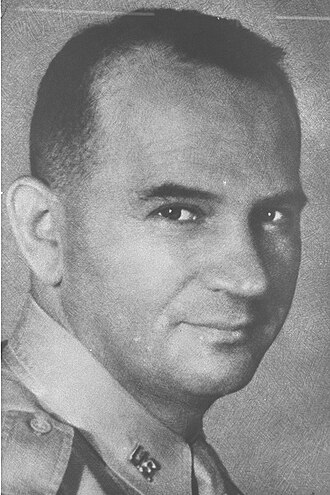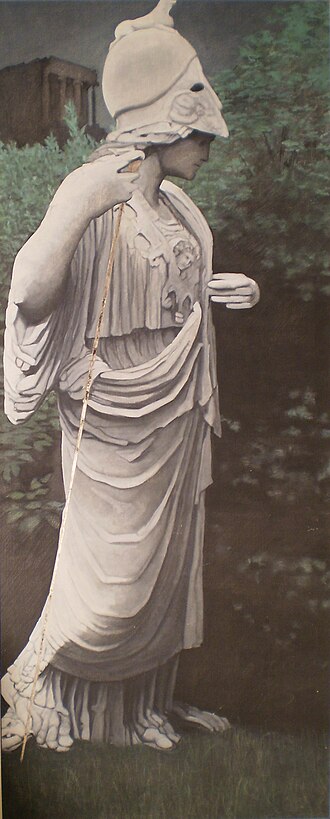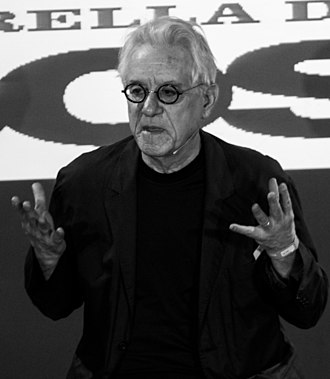Marcus Last Name Origin, History, and Meaning
Where did the surname Marcus come from? What does the surname Marcus mean? Discover the history and meaning of the last name Marcus and family migration on YourRoots Map.
Surname Marcus Origin: What does the last name Marcus mean?
The surname Marcus has ancient Roman origins, possibly derived from the Etruscan name Marce or connected to the Roman god of War, Mars. It is a popular name in Europe, particularly in countries like Sweden, Norway, Italy, and Germany, as well as in English-speaking countries. The name Marcus has been used as both a given name and a surname for centuries, with records dating back to the 14th century in Germany.
YourRoots data confirms the presence of the Marcus surname in various countries since the medieval ages. The surname Marcus has a rich history and has spread globally over the centuries, with individuals bearing this name found in countries like the United States, the United Kingdom, and beyond. The Marcus surname symbolizes a connection to ancient Roman culture and continues to be a prevalent name in different parts of the world today.
Marcus Last Name History: Where did the last name Marcus come from?
Origin of Marcus Surname: Where does the last name Marcus originate from?
Please note that this reflects only YourRoots data for the exact Marcus spelling and does not include other record sources or surname variations.
History of the Last Name Marcus: What does the Marcus surname history look like in the early days?
The Marcus surname remained closely associated with countries from the 16th to 18th centuries.
Global Spread: Where can we find the Marcus surname today?
Explore Marcus last name heritage and Marcus surname origin based on YourRoots Map data
 VIEW THE ORIGIN OF SURNAME MARCUS
VIEW THE ORIGIN OF SURNAME MARCUSFamous People With Marcus Surame?

Mickey Marcus
David Daniel "Mickey" Marcus (Feb 22, 1901 – Jun 10, 1948) was a U.S. Army colonel and Israel's first general. Known for his role in shaping U.S. military policies during WWII, he later assisted Israel during the 1948 Arab–Israeli War. Portrayed by Kirk Douglas in the movie Cast a Giant Shadow, Marcus was a key figure in the Israeli military, earning the title of Aluf. Despite being killed by friendly fire, his legacy as a skilled leader and strategist lives on.

Gary Marcus
Gary Fred Marcus (born Jan 1, 1970) is an American psychologist, cognitive scientist, and author known for his work at the intersection of cognitive psychology, neuroscience, and artificial intelligence (AI). He has written several books including "The Algebraic Mind," "Kluge," and "Guitar Zero." Marcus is also a professor emeritus at New York University and has founded machine learning companies such as Geometric Intelligence, later acquired by Uber, and Robust.AI. He has been a vocal critic of the hype surrounding artificial intelligence and has called for increased AI literacy and regulation to address potential risks.

Marcia Marcus
Marcia Marcus (January 11, 1928 – March 27, 2025) was an American figurative painter known for her portraits, self-portraits, still lifes, and landscapes. Born in New York City, Marcus studied at prestigious institutions like New York University and the Art Students League. She was a pioneer in performance art and portraiture, with her work featured in museums like the Whitney Museum of American Art. Marcus received numerous awards, including a Fulbright Fellowship and grants from the Ford Foundation. Her paintings address themes of female desire, race, and motherhood, holding a place in various public collections. Marcus's legacy as an artist continues to influence the art world to this day.

Greil Marcus
Greil Marcus (June 19, 1945 - ) is an American author, music journalist, and cultural critic known for his scholarly essays on rock music. Born Greil Gerstley, he adopted his stepfather's surname. Marcus's works like "Mystery Train" and "Lipstick Traces" explore the connections between music, culture, and politics. His writings on artists like Bob Dylan and Van Morrison have earned critical acclaim. Marcus has been a columnist for Rolling Stone and taught American Studies at UC Berkeley and the New School. With a deep understanding of American pop culture, Marcus continues to influence music criticism and analysis.

Stanley Marcus
Harold Stanley Marcus (Apr 20, 1905 – Jan 22, 2002) was a prominent figure in the retail industry as president and chairman of Neiman Marcus in Dallas, Texas. Known for his innovations, he transformed the luxury retailer into an international brand synonymous with high fashion and service. Marcus introduced the iconic Neiman-Marcus Christmas Catalogue and established a reputation for providing value and exceptional customer service. He also made significant contributions to the arts and served as a civic leader in his community. Marcus was recognized for his business acumen and leadership, earning accolades such as the Chevalier Award from the French Legion of Honor and being named among the greatest American Business Leaders of the 20th century by Harvard Business School.
All images displayed on this page are sourced from Wikipedia or Wikimedia Commons.We use these images under their respective Creative Commons or public domain licenses. Wherever applicable, author attributions and license information are provided. If you believe an image is used incorrectly or outside its license terms, please contact us so that we can review and correct the issue.




.png)